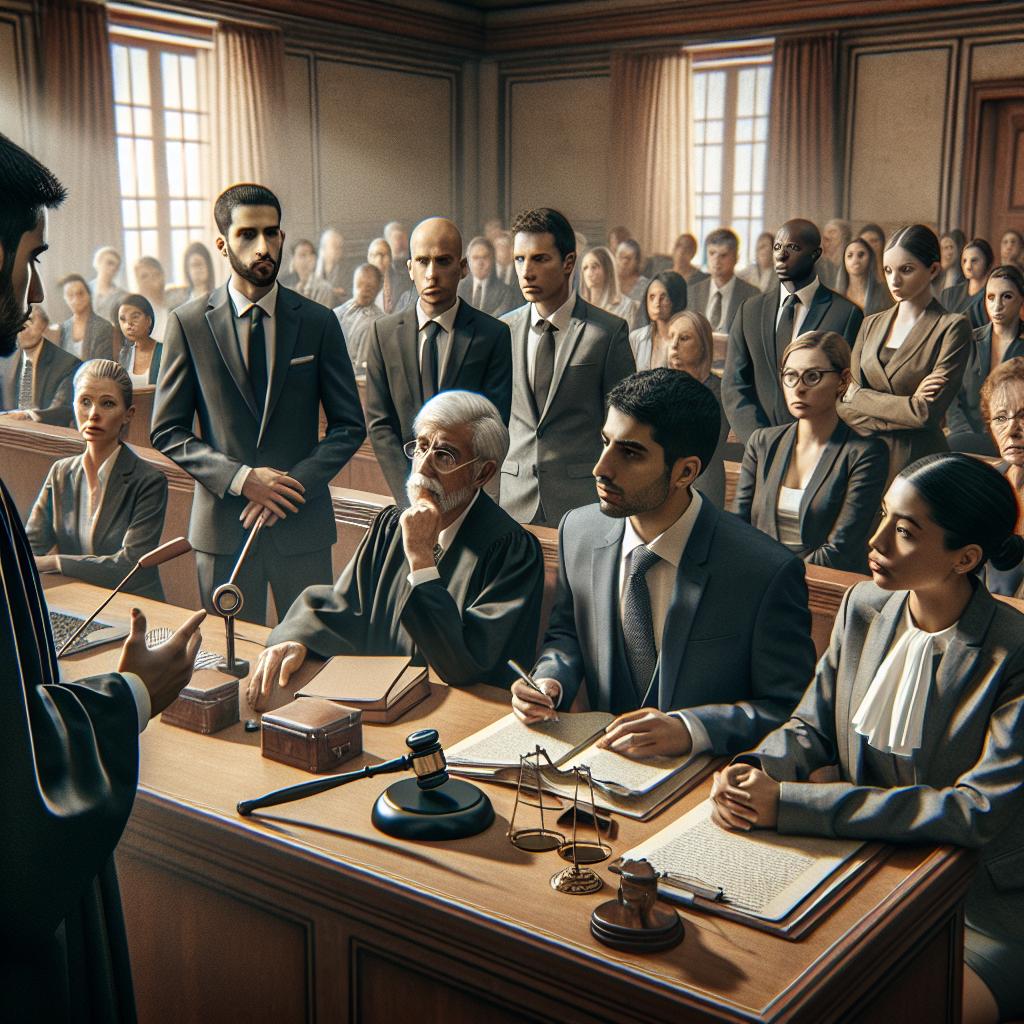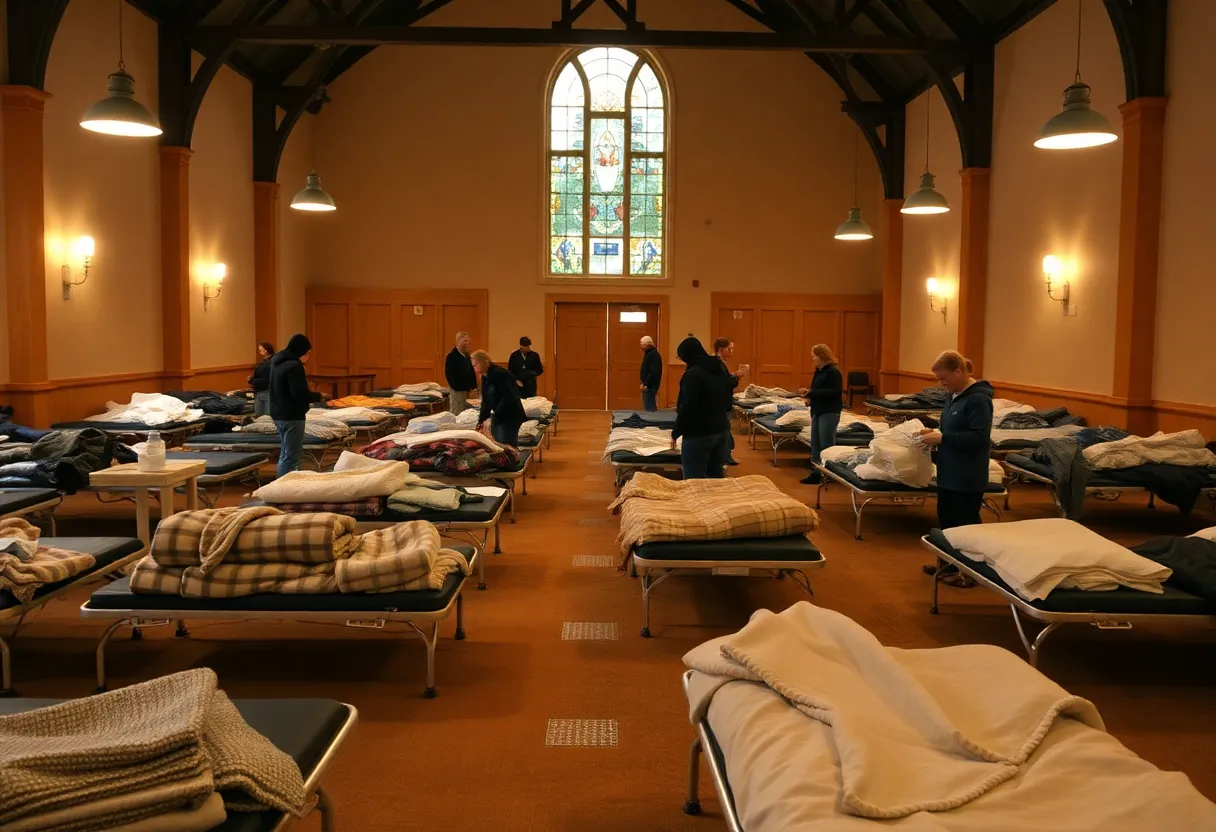Memphis Trial Update: Former Officers Face Charges in Tyre Nichols Case
MEMPHIS, Tenn. – The federal trial for three former Memphis Police officers charged in the death of Tyre Nichols is making headlines as it moved into its third week. The courtroom has been packed with emotion and tension as family members, legal teams, and members of the public watch closely, hoping for justice.
The trial started on September 9th, and since then, downtown Memphis has felt the weight of this case. Tadarrius Bean, Demetrius Haley, and Justin Smith are at the center of this high-profile trial, with all eyes fixated on the details surrounding Nichols’ tragic death.
What We Know So Far
As of Monday, September 30, the defense is continuing to present its case, calling more witnesses to testify. Last week, defense attorneys brought in forensic scientists who examined DNA evidence related to the case. Their testimony seemed to suggest that Tyre Nichols’ DNA was found on the boot of one officer, but they could not definitively say if the sample came from direct contact or clothing. This line of questioning sparked a lot of debates within the courtroom, showcasing the complexities of the evidence presented.
Former police chief John Tisdale testified regarding the use of force, asserting that officers receive more training in defensive tactics than required. He emphasized that training should be adhered to strictly, which raised eyebrows about the day Nichols was attacked. Tisdale’s assertion that he would discipline an officer for not pursuing a suspect indicated a broader conversation about police accountability and procedural conduct.
Defense Strategies Unfold
On September 27, the defense began to lay out its strategy during the trial. Lawyers representing Bean and Haley focused on describing the character of their clients and how they acted during training. They preferred to shine a light on the idea that their actions may have been influenced by a stressful and chaotic environment rather than malicious intent.
Notably, attorneys contended that Nichols was a suspect who had evaded capture. The arguments hinted that the officers were performing their duties, albeit with misguided methods. The legal team’s approach of invoking stress and situational response lays a critical foundation for their defense as they fight against severe federal charges.
Prosecution’s Case
The prosecution rested its case after presenting testimonies from nearly 20 witnesses, including multiple forensic experts and medical professionals. Past testimonies revealed the condition of Nichols when he reached the hospital—the extent of bodily harm he suffered and the lack of adequate medical intervention by the officers present that night were central topics discussed.
Federal prosecutors painted a damning picture, suggesting that Nichols was not only brutally beaten but also that the officers involved showed indifference after their actions led to such grievous injuries. They emphasized a culture of silence and complicity among the officers, which they believe made all three defendants culpable.
Trial Atmosphere and Community Reaction
As the trial continues, the atmosphere in Memphis is thick with anticipation and anxiety. Families of victims, community organizers, and local advocates are watching the proceedings closely, hoping to see accountability for what occurred. The legal battles echo throughout the community, evoking mixed feelings of hope and skepticism on justice being served.
Social media is abuzz, with hashtags and trending topics reflecting sentiments of those in support of Tyre Nichols’ family. Emotional testimony from witnesses has left many in tears and prompted calls for systemic reforms in police departments across the nation. Community leaders are urging for calm and solidarity among citizens, emphasizing the importance of justice and transparency throughout the ongoing trial.
As we move further into this critical moment in Memphis, the responsibility remains with both the jury and the judge to sift through the layers of testimonies, evidence, and arguments. The trial is still underway, and updates will continue to flow as the defense and prosecution go back and forth.

Author: STAFF HERE MEMPHIS WRITER
The MEMPHIS STAFF WRITER represents the experienced team at HEREMemphis.com, your go-to source for actionable local news and information in Memphis, Shelby County, and beyond. Specializing in "news you can use," we cover essential topics like product reviews for personal and business needs, local business directories, politics, real estate trends, neighborhood insights, and state news affecting the area—with deep expertise drawn from years of dedicated reporting and strong community input, including local press releases and business updates. We deliver top reporting on high-value events such as Beale Street Music Festival, Elvis Week, and Memphis in May International Festival. Our coverage extends to key organizations like the Greater Memphis Chamber and the Memphis Convention & Visitors Bureau, plus leading businesses in logistics, healthcare, and music that power the local economy such as FedEx, St. Jude Children's Research Hospital, and AutoZone. As part of the broader HERE network, including HEREBristol.com, HEREChattanooga.com, HEREKnoxville.com, and HERENashville.com, we provide comprehensive, credible insights into Tennessee's dynamic landscape.






